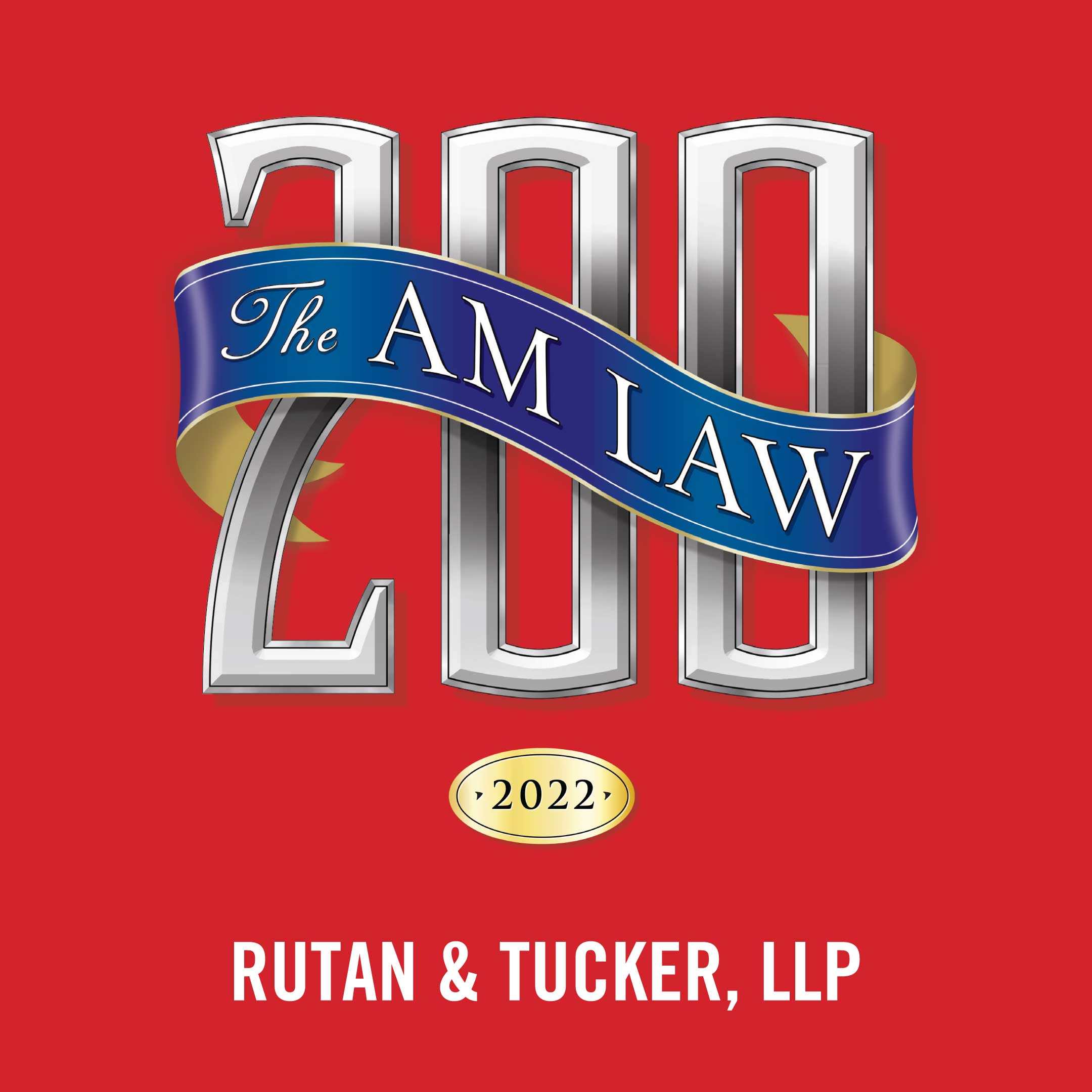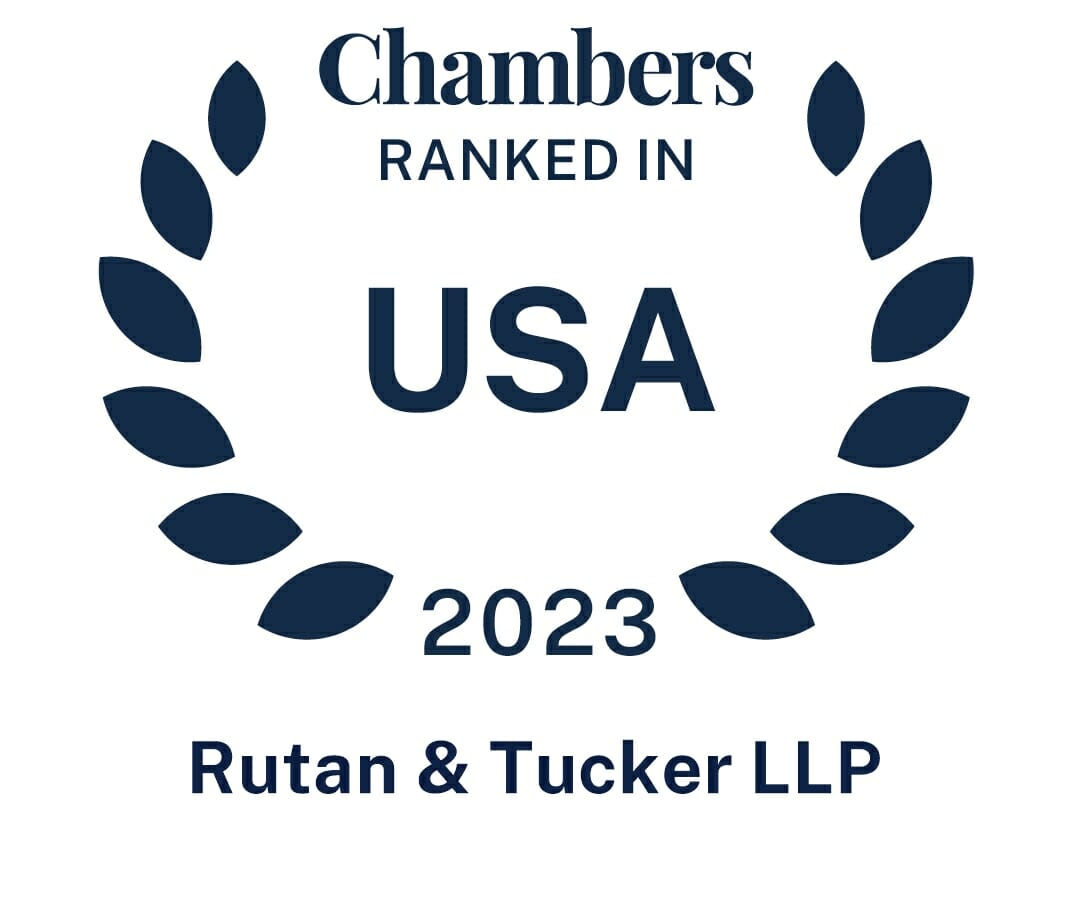These are difficult times for everyone, but perhaps the most difficult for companies who are left holding the bag when their clients and vendors file for bankruptcy protection. Companies can take huge hits when one of their clients files for bankruptcy leaving it high and dry with unpaid debt. Fortunately, there are ways to protect your company from this happening. Article 9 of the Uniform Commercial Code (“UCC”), which regulates both consumer and commercial credit, provides a vehicle by which creditors can reduce their risk of debtor non-payment, allowing creditors to “stake a claim” on specific collateral as a potential source of repayment. The scope of collateral protected under the UCC provides that property acquired by a debtor postpetition is not subject to any lien resulting from a prepetition security agreement. 11 U.S.C. § 552(a). In most cases, the analysis of whether property is subject to a security agreement is simple. But what happens if you are a creditor with a security interest in all general intangibles of a debtor, who filed a Chapter 11 bankruptcy petition in January 2002, and you learn that the debtor will receive a tax refund of approximately $2 million for the tax years of 1996, 1997, and 2001? And what if the debtor’s tax refund was filed postpetition, in June of 2002? Under the guidelines set forth by the UCC, for a creditor’s security interest to attach to a debtor’s tax refund, the debtor must have acquired “rights” in the tax refund prior to its petition date. Bankruptcy courts in the Ninth Circuit, and in many other jurisdictions, hold that the debtor’s right to a tax refund “vests” at the end of the tax year to which the refund relates.1 The debtor’s tax refund of approximately $2 million would therefore be subject to your security interest in this case. It is important to remember that even if a debtor appears to acquire general intangibles after filing its petition for bankruptcy protection, these assets may be subject to your security interest, particularly when the debtor’s right to the property “vested” prepetition. This is particularly true in the case of tax refunds received postpetition for prepetition tax years. ________________________ 1 In re TMCI Electronics, No. 98-60153-JRG, 2000 Bankr. LEXIS 1926, at *19 (Bankr. N.D. Cal. Mar. 31, 2000); In re Lawson, 197 B.R. 6, 7 (Bankr. I



